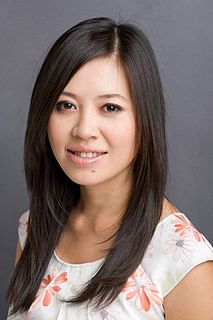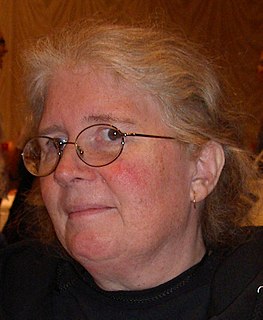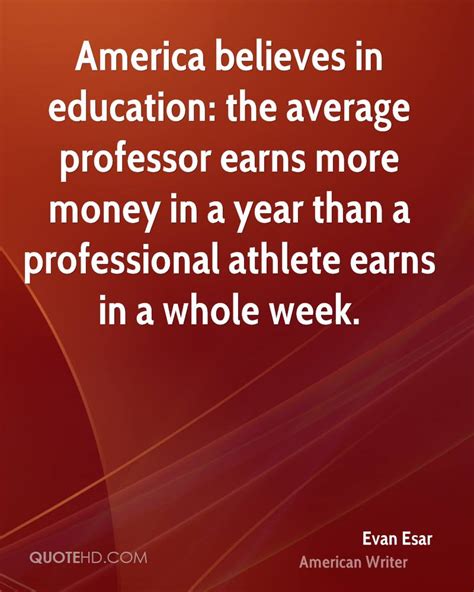A Quote by Hilary Mason
I think of 'data science' as a flag that was planted at the intersection of several different disciplines that have not always existed in the same place. Statistics, computer science, domain expertise, and what I usually call 'hacking,' though I don't mean the 'evil' kind of hacking.
Related Quotes
It's kind of interesting, because hacking is a skill that could be used for criminal purposes or legitimate purposes, and so even though in the past I was hacking for the curiosity, and the thrill, to get a bite of the forbidden fruit of knowledge, I'm now working in the security field as a public speaker.
The term "informatics" was first defined by Saul Gorn of University of Pennsylvania in 1983 (Gorn, 1983) as computer science plus information science used in conjunction with the name of a discipline such as business administration or biology. It denotes an application of computer science and information science to the management and processing of data, information and knowledge in the named discipline.
Computer science only indicates the retrospective omnipotence of our technologies. In other words, an infinite capacity to process data (but only data -- i.e. the already given) and in no sense a new vision. With that science, we are entering an era of exhaustivity, which is also an era of exhaustion.
I don't think humanity just replays history, but we are the same people our ancestors were, and our descendants are going to face a lot of the same situations we do. It's instructive to imagine how they would react, with different technologies on different worlds. That's why I write science fiction -- even though the term 'science fiction' excites disdain in certain persons.
What has happened is that we have seen a shift in the past twenty years in the very concept of hacking. So hacking twenty years ago was a neutral, positive concept. Somebody who was a hacker was someone with advanced computer skills, which could expose vulnerabilities and could explain why systems worked well or worked badly and they were generally regarded as an asset. Over the past twenty years, a combination of media and law enforcement has changed the perception of the concept so that it has almost always, if not invariably, a pejorative sense attached.



































